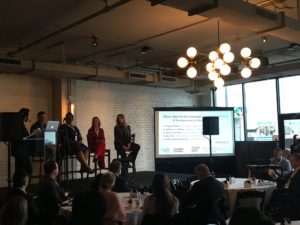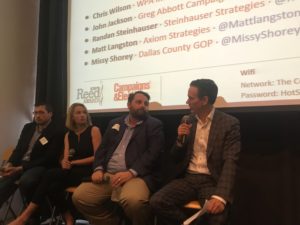It has been a distinct honor for WPA Intelligence to have been a part of the Youngkin team, building the data and analytics infrastructure that helped navigate the campaign through a tumultuous nominating contest, then build a winning collation of suburban, rural, and urban voters across Virginia on Tuesday night.
“Glenn Youngkin is a generational candidate who lifted the entire team around him through his optimism, indefatigability and faith. I’ve seldom been prouder to be a part of helping elect a person to office,” commented WPAi CEO Chris Wilson.
Youngkin Polling Director and WPAi Vice President Amanda Iovino said, “This campaign was data-driven from the beginning. At Glenn’s direction we built the strongest analytics program in Virginia history, giving the campaign the ability to identify persuadable voters in every community across the Commonwealth. We used the analytics to drive the polling that showed us the messages that not only resonated with voters but motivated them to vote for Glenn, and the results speak for themselves.”






